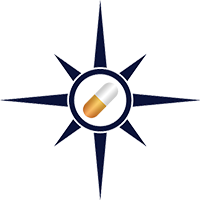



API Suppliers

US DMFs Filed

CEP/COS Certifications
0

JDMFs Filed
Other Certificates
Other Suppliers
0

USA (Orange Book)

Europe

Canada

Australia

South Africa
Uploaded Dossiers
U.S. Medicaid
0
Annual Reports
0
Impressions: 1618
https://www.pharmacompass.com/radio-compass-blog/chinese-industrial-activity-revival-at-98-6-percent-officials-assure-of-api-supplies
Impressions: 8184
https://www.pharmacompass.com/radio-compass-blog/covid-19-india-restricts-drug-exports-amid-rising-prices-of-essential-bulk-drugs-fda-announces-first-drug-shortage
Impressions: 2997
https://www.pharmacompass.com/radio-compass-blog/phispers-pfizer-allergan-end-megamerger-gsk-wants-to-make-copying-its-drugs-easier-more


